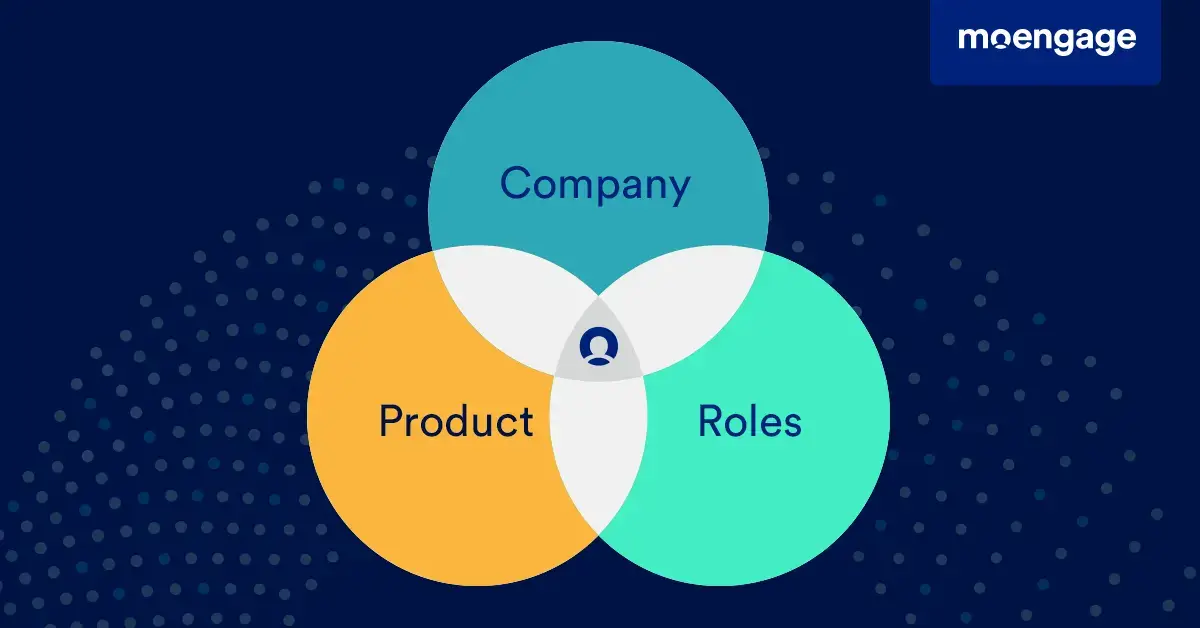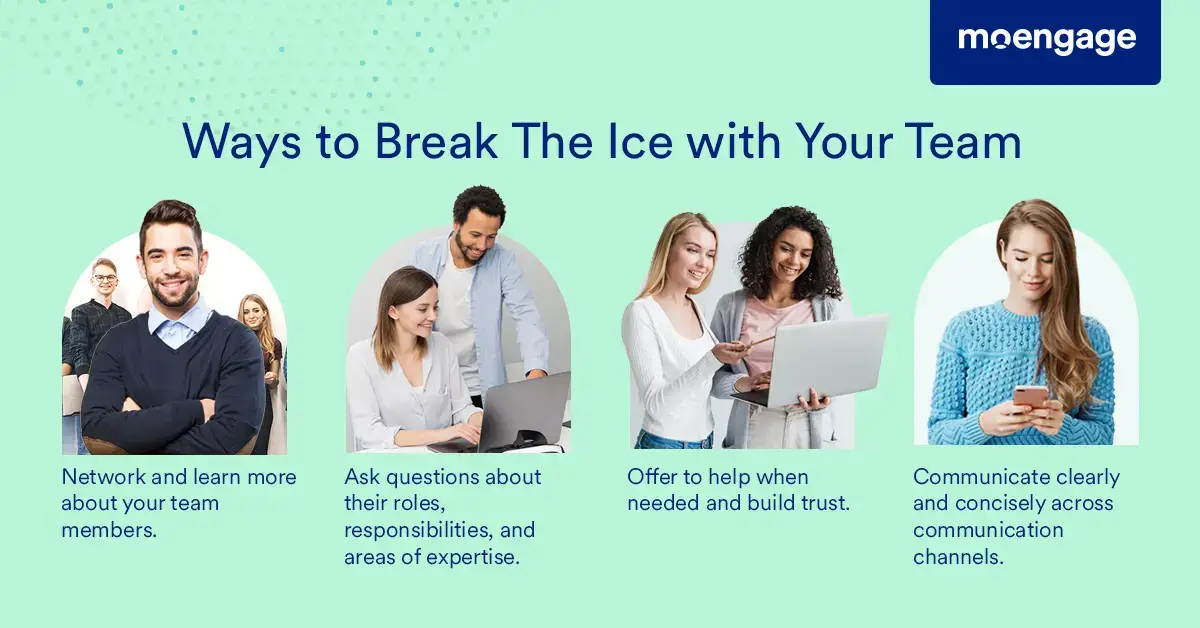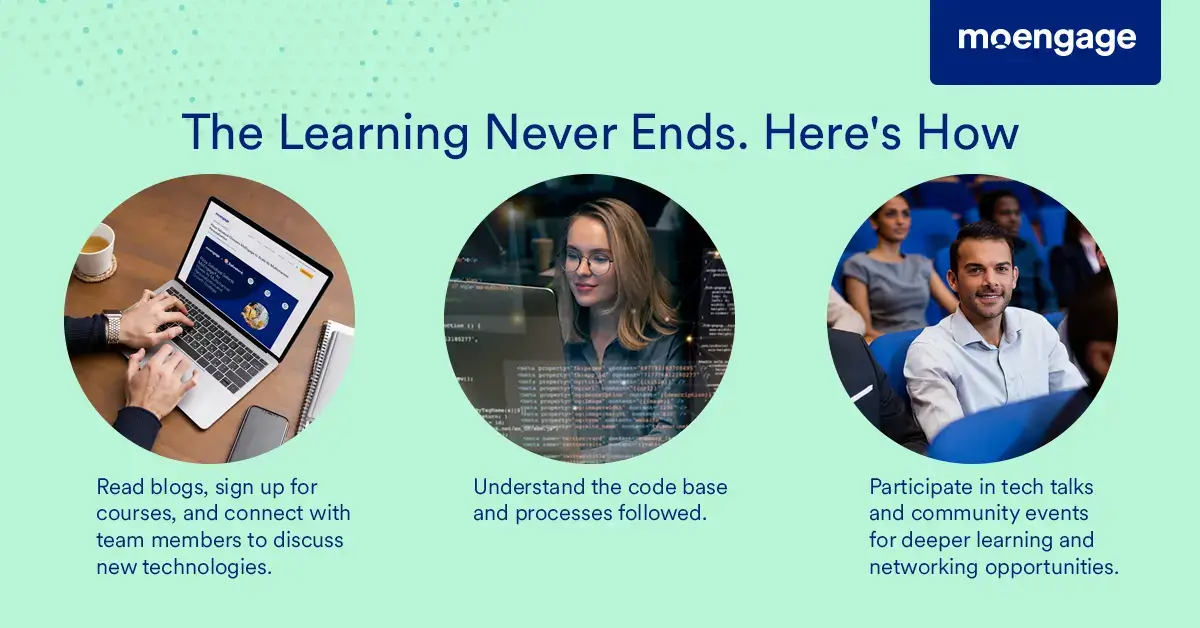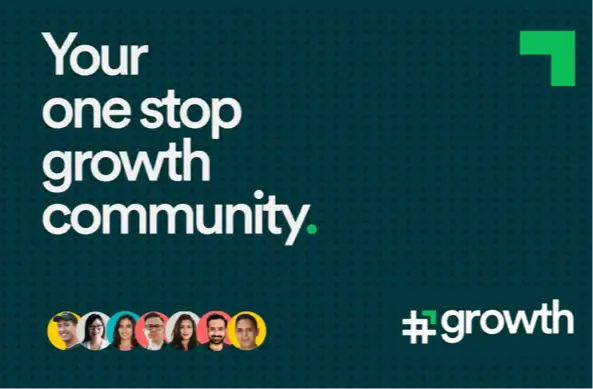The Ultimate Fresher’s Guide to Thriving in Startup Culture

Reading Time: 10 minutes
Your first job and your first day at work are always the most memorable and often most stressful. After graduation, many IT professionals enter the corporate world and face many obstacles early in their careers. You are unsure what to expect, lack hands-on experience working on real-world projects, or are not familiar with the corporate work culture. There could be questions on your mind because it is something new.
- How can I contribute effectively to the company from the beginning?
- How can I as a fresher make an impact?
- To succeed, what are the most important things to focus on?
These are some common questions most of us might have had in our minds when we started our engineering careers. The initial few months of your first job are definitely the most challenging phase of your career but with the right guidance, you can make the most out of this and can create an impact successfully. If you’re reading this article, you’ve already taken the first step to building a successful career.
Typically, it takes time for a fresher to understand the organization, culture, processes, and expectations and be able to contribute effectively. The roles and responsibilities might differ based on the companies, job descriptions, and individual goals. I am sharing some general tips that helped me ramp up the learning process and be more productive during the early days of my career. I hope these steps will help you to contribute effectively to your engineering team.
Company Goals, Team, Product, Roles & Responsibilities

Every engineering team member needs to carry out tasks keeping three main things in mind. They are company goals, the product under consideration, and roles or responsibilities. So understanding these three pillars are fundamental to the success of every engineer.
- Company: understand your company’s goals, vision, and mission as they drive the business. This includes understanding the company culture, values, and strategy. Successful engineers align their work with the company’s goals and contribute to the overall success of the company.
- Product: It is essential to understand the product you are working on and its features. Knowledge of the client use cases and the stakeholders involved is also vital. Learn about the product’s features, functions, and how it fits into the market. Also, identify ways to improve the product and contribute to its growth and success.
- Role/Responsibilities: Responsibilities refer to the tasks and duties that you as an engineer will be accountable for. These may include developing code, designing software, testing and debugging applications, collaborating with other engineers, and communicating with stakeholders. Have a clear understanding of your responsibilities and manage time effectively to deliver high-quality work on time. Be proactive in identifying and addressing potential issues and risks. It also includes how you work with co-workers and how effectively you manage and deliver the tasks assigned to you.
Are you wondering how you can begin learning about these three pillars within your organization? Here are some opportunities to build on your knowledge and fast-track your success in your first job.
1. Take Advantage of the Onboarding Process
Effective onboarding is crucial for engineers because it sets the foundation for their success in the organization. A thorough onboarding process can help engineers feel more confident in their role, leading to better decision-making, problem-solving, communication skills, and an ownership mindset.

Here are some ways you can make optimal use of the onboarding process:
- Network with colleagues: Use onboarding as an opportunity to meet your colleagues and build relationships. Introduce yourself, ask questions, and seek out mentorship opportunities.
- Familiarize yourself with the company culture: Pay attention to the company’s culture and values, and try to align yourself with them. Take note of the company’s communication style, work hours, and expectations. Starting work in a toxic environment with long hours and little acknowledgment can be extremely frustrating.
- Understand your role: Make sure you understand your job responsibilities, the expectations of your role, and the team’s goals.
- Learn the tools and processes: Learn the tools and processes used in the company, including software, project management systems, and coding standards. Take up the courses offered as a part of onboarding training as they bring you to pace in a short period.
- Take notes: Write down important information and procedures as you learn them during onboarding. This will help you remember important details and avoid mistakes.
2. Ask Questions
Intellectual curiosity is the key to a great learning curve. Ever wondered how small children use smartphones with such ease? The answer is curiosity. Children are inquisitive, and that’s how they learn things rapidly.
Curiosity is the best soft skill for a fresher. Asking the right questions helps you get better clarity and unblock yourself. Being curious at our workplace enhances learning and promotes a proactive work environment. It also creates an impression on your co-workers that you are genuinely interested in learning, making them explain things in much more detail.
- Understand clearly: When faced with a problem or task, ask yourself what you don’t understand and what information you need to solve it.
- Challenge assumptions: Don’t accept things at face value. Instead, question assumptions and explore alternative perspectives. This can help you identify gaps in your understanding and find better solutions.
- Seek out multiple perspectives: Talk to colleagues with different backgrounds and experiences to gain a more well-rounded understanding of a problem or task.
- Consider alternative solutions: Don’t settle for the first solution that comes to mind. Explore different options and weigh the pros and cons of each.
- Be curious: Approach new challenges with a sense of curiosity and a willingness to learn. Don’t be afraid to admit when you don’t know something.
3. Understand Your Product Better
Product drives the Tech. Understanding the product is very important as business processes are mainly dependent on the product. This also helps you choose the most suitable technologies for implementing various use cases. Having in-depth product knowledge helps to identify the gaps in business and drives the tech to fill those gaps, thus ensuring better ROI. Try to think in your customers’ shoes every time you develop or test. How would a customer use it and how can the product or feature you’re building/testing add value to your customer?

Here are some ways to enhance product knowledge:
- Documentation: The first step to learning about the company’s product is to read the product documentation. The product documentation contains detailed information about the product’s features, architecture, functionality, and other relevant details.
- Product demos: Participate in product demos or training sessions to get a better understanding of the product. This can help you see the product in action and how it can be used to solve customer problems.
- Talk to product managers: Speak to product managers to get a better understanding of the product’s goals, target customers, and features. This can help you align your development efforts with the product vision and strategy.
- Explore the product: Use the product to understand how it works and how customers use it. This can help you identify areas for improvement and make suggestions for new features or enhancements.
4.Participate Actively in Meetings

Participating regularly in team meetings is very important as it helps in a better understanding of the team processes. Actively participating in sprint planning, retro sessions, and team stand-ups helps in effective communication and removes the fear of speaking and judgment.
Active participation in meetings helps in many ways such as:
- Collaboration: Meetings provide a platform to collaborate with your colleagues, discuss ideas, and make decisions together. Active participation ensures everyone’s perspective is heard and decisions are made collaboratively.
- Knowledge sharing: Engineers have specialized knowledge and expertise that can be valuable to the team. Active participation in meetings allows you to share knowledge and ideas with your colleagues and contribute to the project’s success.
- Accountability: By actively participating in meetings, you can demonstrate your commitment to the project and take ownership of new responsibilities. This can help build trust among team members and improve the team’s overall performance
- Problem-solving: Meetings are often used to discuss and resolve issues or problems that arise during the project. Active participation in these discussions can help you identify and address potential roadblocks and solve problems.
- Professional development: By actively participating in meetings, you can improve your communication and collaboration skills, build relationships with your colleagues, and gain exposure to different perspectives and approaches. In conclusion, active participation in meetings is crucial to collaborate with your colleagues effectively, sharing knowledge and ideas, and contributing to the project’s success.
5. Understand The Team and Build Credibility
Understanding the team is very important as it builds trust. With remote work in place, it has become difficult to have constant team-building activities. Hence set up one-to-one catch-up calls with all your team members during the initial days and get to know them well personally and professionally concerning their roles and responsibilities. Having good team relations is very helpful for employee productivity at a professional level and improves mental health at the workplace. Having one senior who understands and supports you well during your initial days is generally good. Express any concerns and take suggestions.
Set up one-on-one sync-ups with your manager and let them know about your expectations and the challenges you’re facing. Also, go prepared with solutions to overcome those challenges and seek feedback. Do not hesitate and be open while giving your opinions and suggestions. It is also important to take constructive feedback from them about your work and suggestions for improvement.

Here are some ways you can better understand your team:
- Networking: Pay close attention to your team members and observe their behavior, communication style, and work habits. Use team outings to establish stronger relationships with your team members by networking and learning about them.
- Ask questions: Don’t hesitate to ask questions about your team members’ roles, responsibilities, and areas of expertise. This can help you build rapport with them and demonstrate your interest in their work.
- Be a team player: Collaborate with your team members and be willing to help when needed. This can help you build trust and credibility with your team.
- Communicate effectively: Communicate clearly and concisely with your team members, whether it’s in person, through email, or other communication channels. This can help you avoid misunderstandings and build trust.
6. Keep Learning
Learning is the only constant in software engineering. Once you know the tools and technologies the team uses for processes, start upskilling them. By investing in learning, software engineers can stay up-to-date with the latest industry trends and advancements and develop new skills to help tackle complex problems and create innovative solutions. Additionally, learning can help improve your job performance. You can gain a deeper understanding of the field and can apply new techniques and approaches to your work. This can lead to increased efficiency, better quality of work, and a more positive impact on the overall success of the project or organization.

- Reading blogs or taking relevant courses are ways to learn a particular technology. Connect with the team members who have worked on those technologies before and take their suggestions.
- Try understanding the code base and the processes that were followed before you joined the team, as it gives better clarity and context.
- Learning can help you stay up-to-date with best practices in software engineering. This includes learning about new development methodologies, testing strategies, and project management techniques that can help you develop software more efficiently and effectively.
- Participating in tech talks and joining relevant communities can provide deep learning and networking opportunities.
7. Take Up Additional Responsibilities
The job description given to you is the minimum set of responsibilities that your team expects you to take up. Going beyond your job description will help you grow and create a better impact on your team. Taking additional responsibilities as a fresher in software engineering is essential as it can help you gain valuable experience, develop new skills, and demonstrate your commitment to the company and your team. You may be considered for promotions or new roles when new opportunities arise based on your demonstrated ability to take on more responsibilities.
Some of the ways to do this are:
- Identify gaps in documentation as well as business processes and see how you can bridge those gaps in a better way.
- Suggest if any particular process can be done better in a different method.
- Identify if there is scope for automating any manual processes to ensure productivity.
- Be proactive, step outside your comfort zone, and be open to tasks outside your job description.
- If you are interested in taking up a particular task, discuss it with the respective point of contact and gain the trust that you will effectively complete the task.
- Ensure quality documentation is being formulated for all the essential engineering practices.
- Take up the initiative to set up knowledge-sharing sessions once every two weeks so that all the team members have the context of what each is doing so that all are on the same page.
- If a particular team member is on leave, try to take up their task if it is of higher priority.
Conclusion
Several factors make freshers valuable to a company. Innovation and growth can be spurred by fresh ideas, new perspectives, and a passion for learning. As you grow and develop, you will become a valuable asset to the company. Given the right training and opportunities, you can become a future leader and contribute to the organization’s long-term success.
The right start is key to being consistent over the long term in software engineering. The startup environment offers a lot of opportunities for broad-based learning, with opportunities to work on multiple domains throughout your career. The key is also to figure out what interests you most so that you can go deeper into your field of choice. The more you learn, the better you become, and you’ll discover surprising connections between things. A growth mindset and curiosity are all that’s needed to move forward!
Keeping the above things in mind, start your journey as a fresher with excitement. Start joining technical communities based on your field of interest as they help in gaining a good amount of knowledge as well as in networking. Look for mentors who can provide guidance and support as you learn. They can provide valuable insights and advice on how to navigate the industry. Most importantly, be patient with yourself, and don’t be afraid to make mistakes because learning is a lifelong process and we need to embrace it.
What’s Next?
- Read about a year of building: The MoEngage Engineering Year in Review for 2022.
- Catch the excitement from our recent Hackathon.
- Know anyone applying for a testing role at MoEngage? Here’s a cheat sheet to crack the interview.
- Read about our unique initiative: Docathon.
- And if you’re looking for a company that offers all the right opportunities to learn and grow, jump on board MoEngage. Take a look at the current openings.







